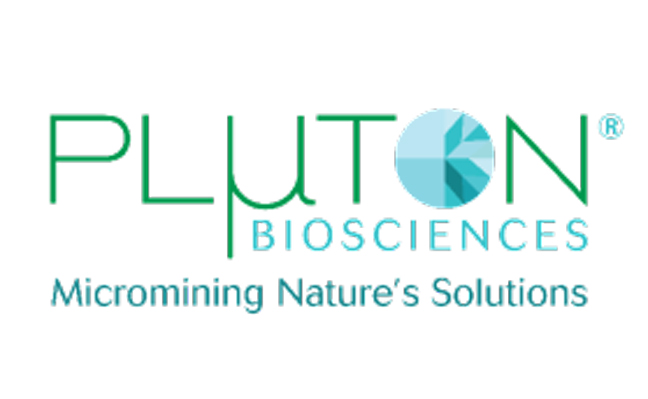
A new program has helped to identify the characteristics of novel bacteria, which will help to develop eco-friendly products in the future — including for mosquito control.
According to a recent news release from Pluton Biosciences, the St. Louis, Mo.-based company participated in the Wells Fargo Innovation Incubator (IN2) program to generate a deeper understanding of how three novel bacteria work to kill disease-carrying mosquitoes.
Founded in 2017, Pluton Biosciences works in the world of microorganisms to develop eco-friendly products for carbon sequestration, agriculture, pharmaceuticals, biomaterials and bioremediation. Pluton’s Micromining Innovation Engine allows its scientists and engineers to discover microbes with novel activities in only a few months.
As a member of IN2’s seventh cohort, Pluton conducted research and development activities at the Donald Danforth Plant Science Center in St. Louis, as a program partner with the world’s largest independent plant science institute. Danforth’s biochemistry expertise has helped Pluton researchers unravel the chemistry behind three novel bioinsecticides discovered in 2017.
Pluton also received a $250,000 in technical assistance with the opportunity for follow-on funding and access to the state-of-the-art expertise and resources from the Danforth Center, Wells Fargo, the U.S. Department of Energy’s National Renewable Energy Laboratory and other IN2 partners, according to a news release. Companies selected for the program share a focus on developing technologies that support the agricultural sector while reducing environmental impact.
“The collaboration between the Danforth Center and Pluton has been an example of IN2 at its best, utilizing the strengths and expertise of our scientists and facilities to help an early-stage company validate an early technology and work through technical hurdles,” said Dr. Claire Kinlaw, Director of Innovation Commercialization at the Danforth Center. “In the case of Pluton, we were excited to help chemically characterize novel compounds derived from microbes. We are very pleased to have supported Pluton’s creative entrepreneurial team.”
For the past year, Pluton has collaborated with Danforth Center Principal Investigator Dr. Toni Kutchan and researcher Dr. Santosh Kumar to understand the novel bacteria’s unique characteristics.
“Dr. Kutchan is a world expert in the chemical analysis of natural products. Our collaboration with Drs. Kutchan and Kumar allowed us to rapidly understand the chemical nature of our bioinsecticides and inform their development into next-generation products,” said Dr. Ann Guggisberg, Pluton’s founder and director of research. “We are grateful to have been selected to participate in the IN2 program and to work alongside such outstanding scientists.”
Leave A Comment